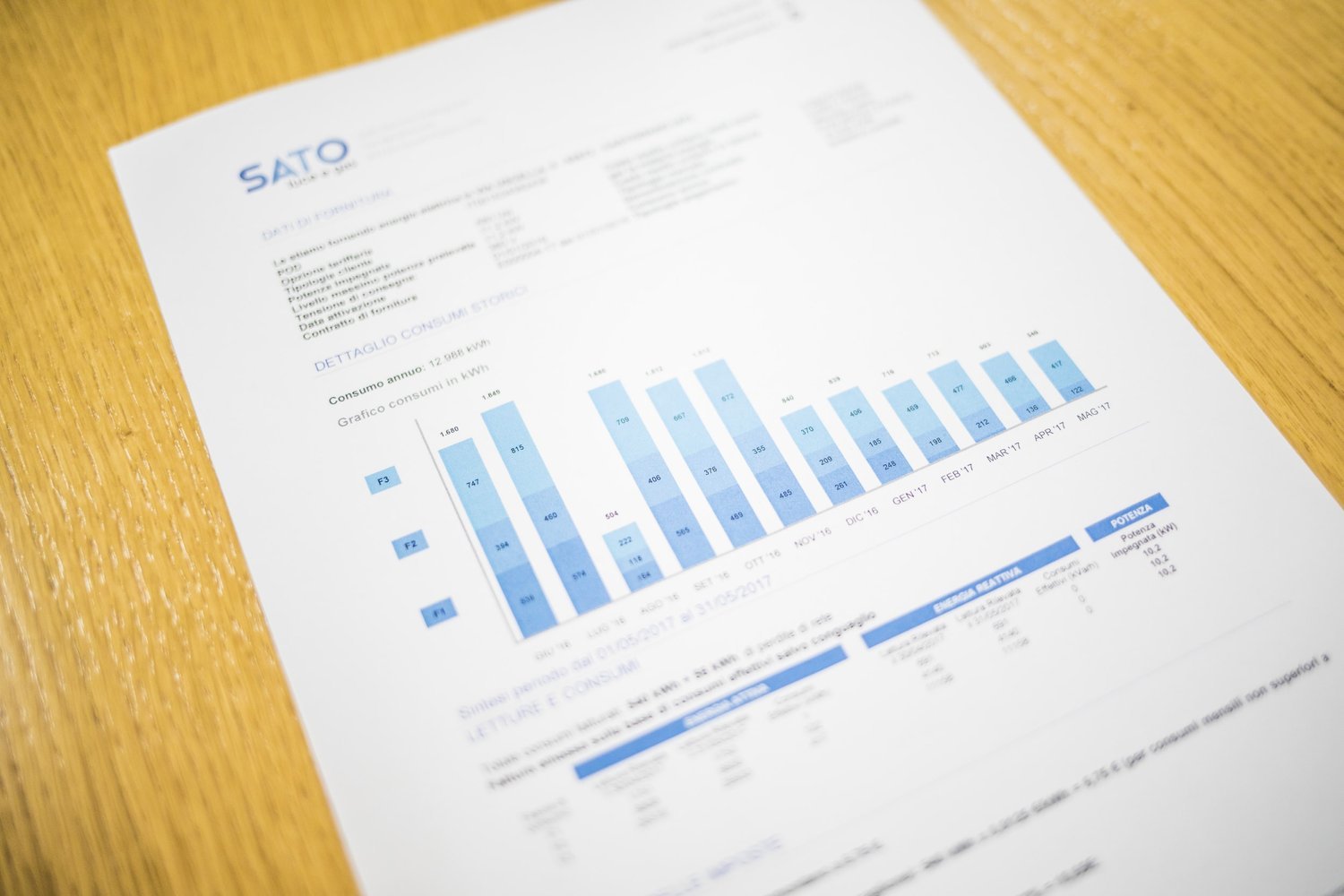Flash Update: ReAmped Energy
ReAmped Energy’s 70,000 customers across NSW, Queensland, Victoria, South Australia and Tasmania have been sent messages during the last 24 hours to shop around for a better energy deal than what ReAmped can offer, or risk facing a near-doubling in prices.
The announcement by ReAmped is illustrative of the significant pressures that are coming to bear on the energy sector in Australia as international energy markets tighten. In the gas market, spot prices have been recently trading within the $30-$50/gigajoule range for successive periods, up from an average of $10/gigajoule from last year. AEMO has subsequently capped gas prices in Sydney and Brisbane, and imposed a price limit in Victoria. Combined with coal power outages, and lower amounts of renewable energy generation, wholesale electricity prices that were already 141% higher in Q1 2022 as compared to Q1 2021 are likely to go higher still.
Looking at the ASX electricity futures, baseload trades illustrate just how much demand for short term certainty there is, with trades at around $280 MWh for baseload Q4 2022 contracts in New South Wales. Though falling futures prices into 2023 indicate an expectation of prices reducing from current highs, it may be too late for some smaller retailers who are spot price exposed and who are not passing these costs through to customers.
Tier 3 and smaller Tier 2 retailers without pool price pass-through contracts with market customers, or who choose to supply through standard offer contracts, are at a critical point given expected exposure to spot prices. For those that can, we expect greater pressure on bills for customers; recently LPE Energy and Discover Energy both announced increasing prices – or, as in the case of ReAmped which is seeking a more manageable long term relationship with customers, shed customer numbers. On the more extreme end, some business models will simply not last though this period of volatility - Pooled Energy has recently been forced into administration and subsequently lost its retail licence.
We are in interesting times. Retailers with full cost pass-through face backlash from customers who thought that exposure to wholesale costs and savings would be one way; retailers on load following hedges, while economically advantaged, remain unable to trade the benefits that will be consequent to the emerging energy system of two sides markets; and retailers with wholesale exposure face an increasing game of scale and the need for portfolio diversification. While all retailers in this current environment will find costs hard to manage, we think tier 1 and scale retailers will fare best, at least until higher spot price expectations become baked into available hedge contracts.
For more information, contact Matt Rennie at mrennie@renniepartners.com.au




